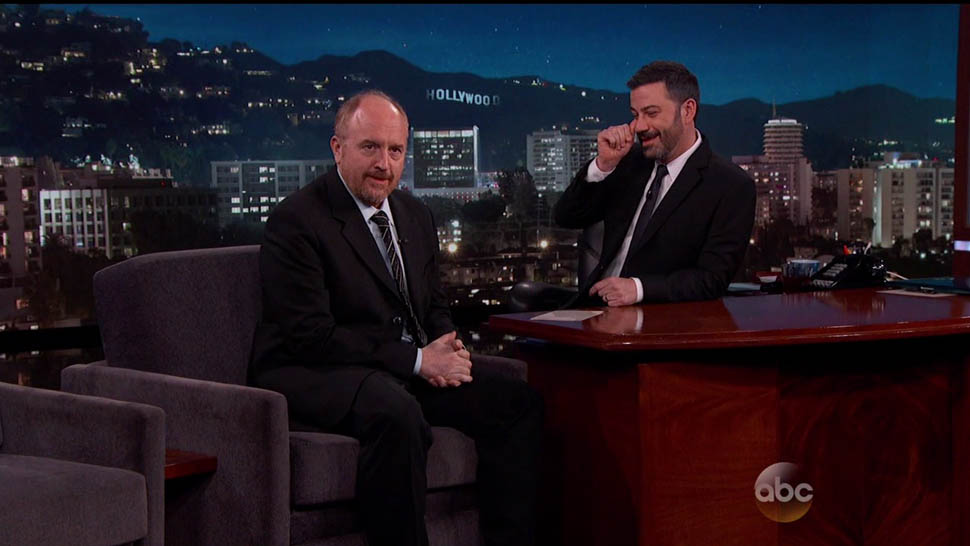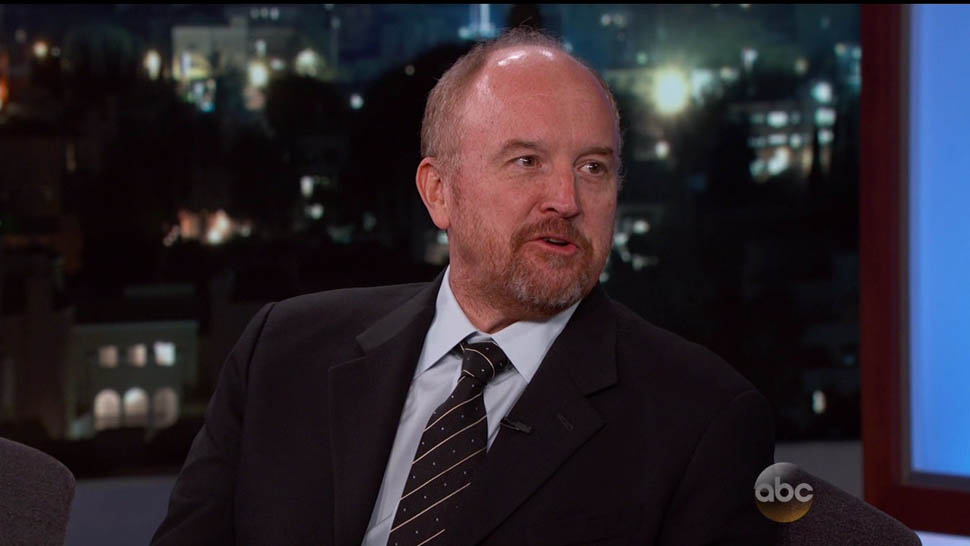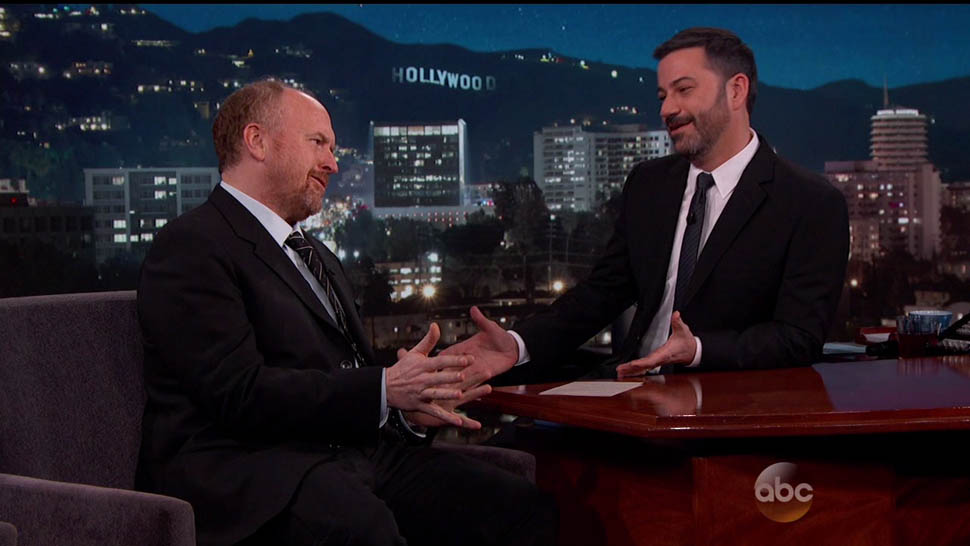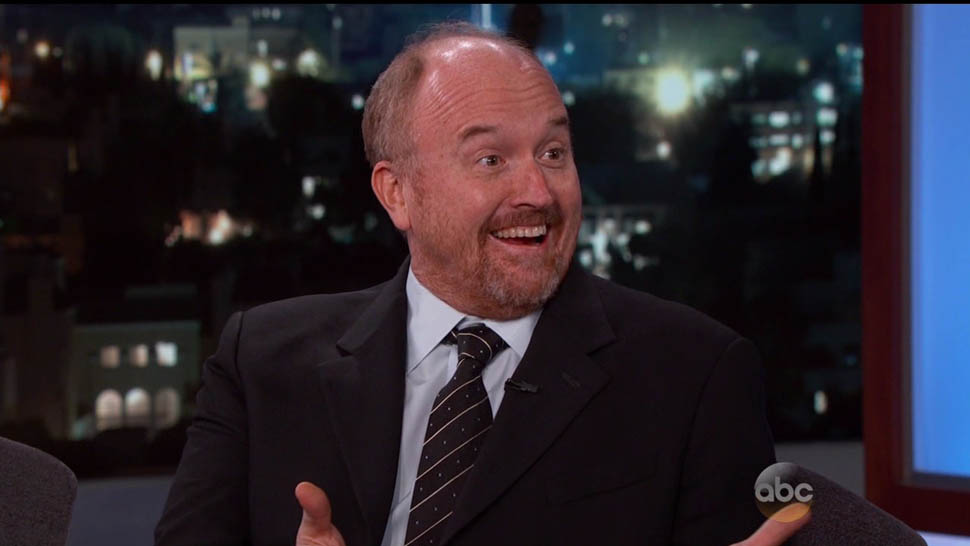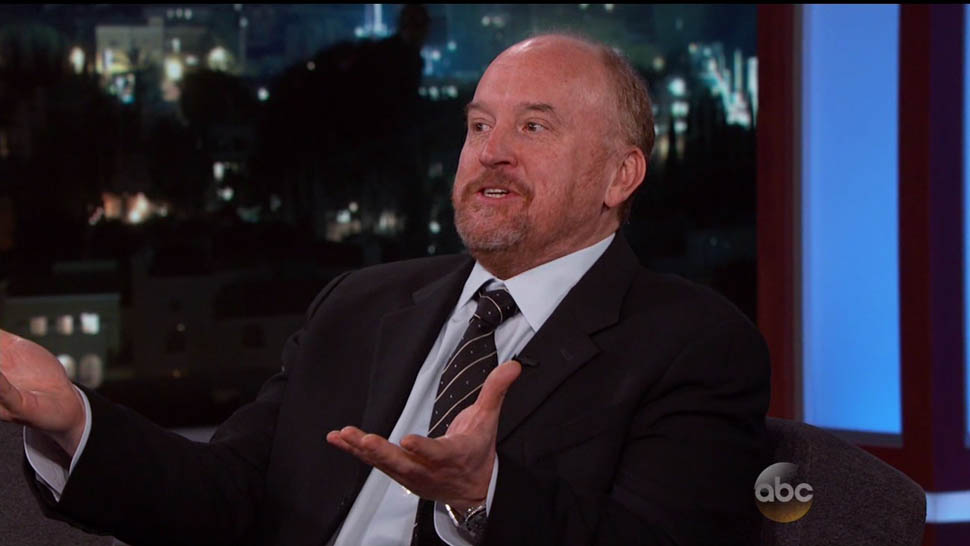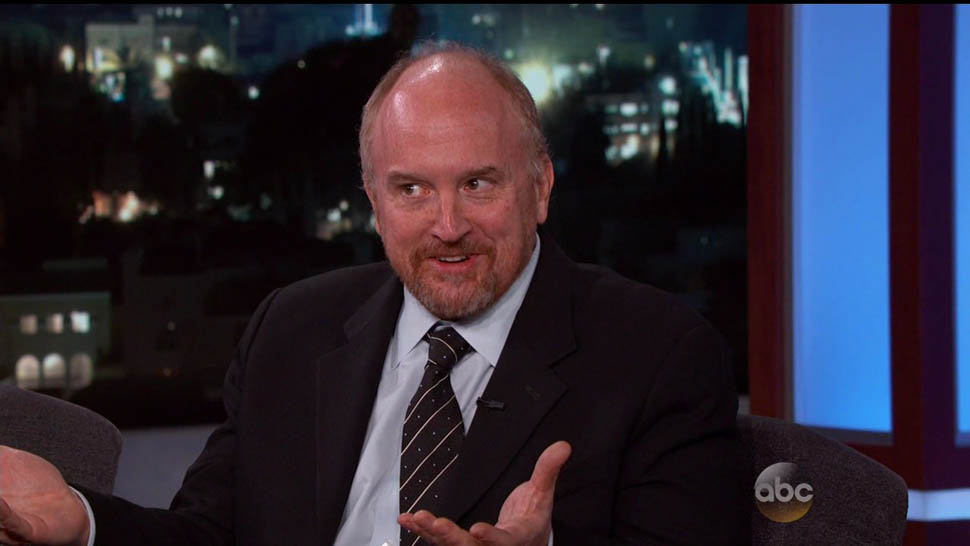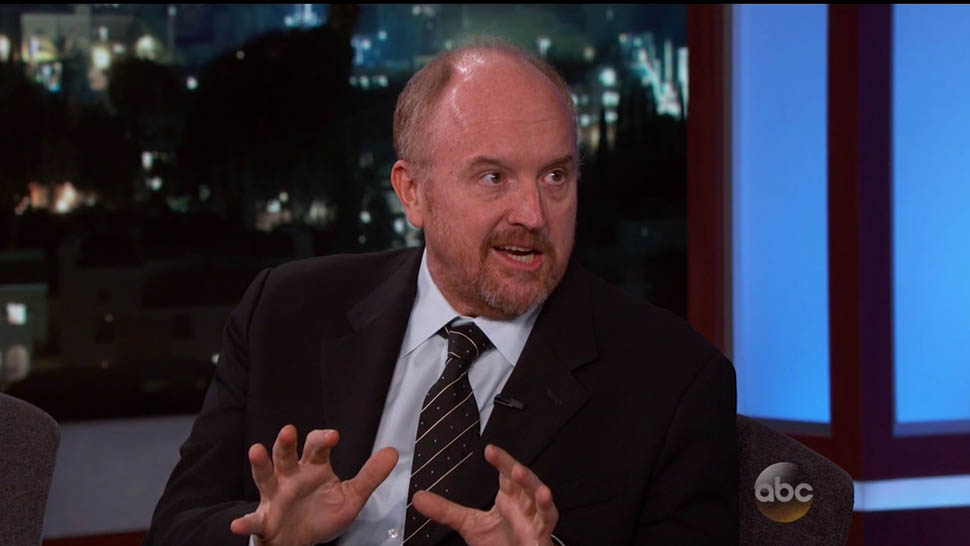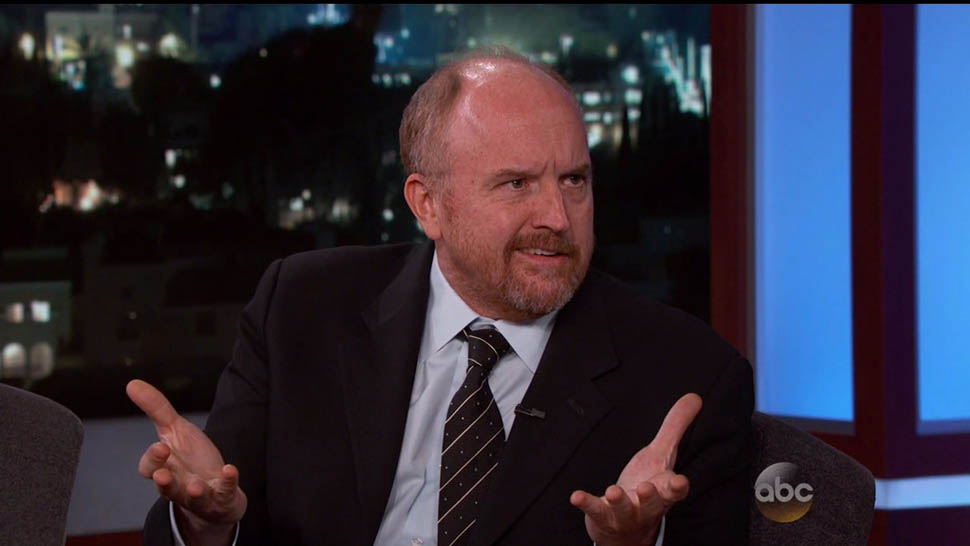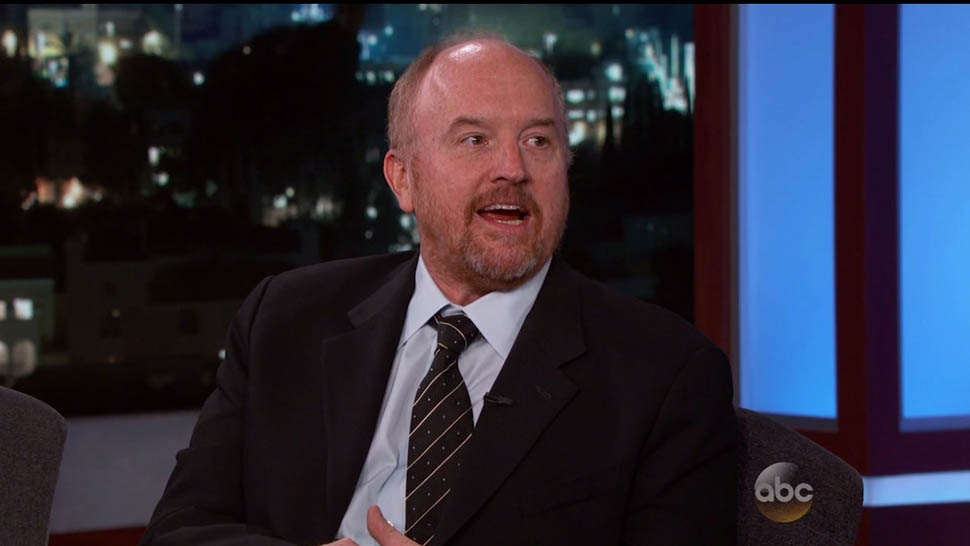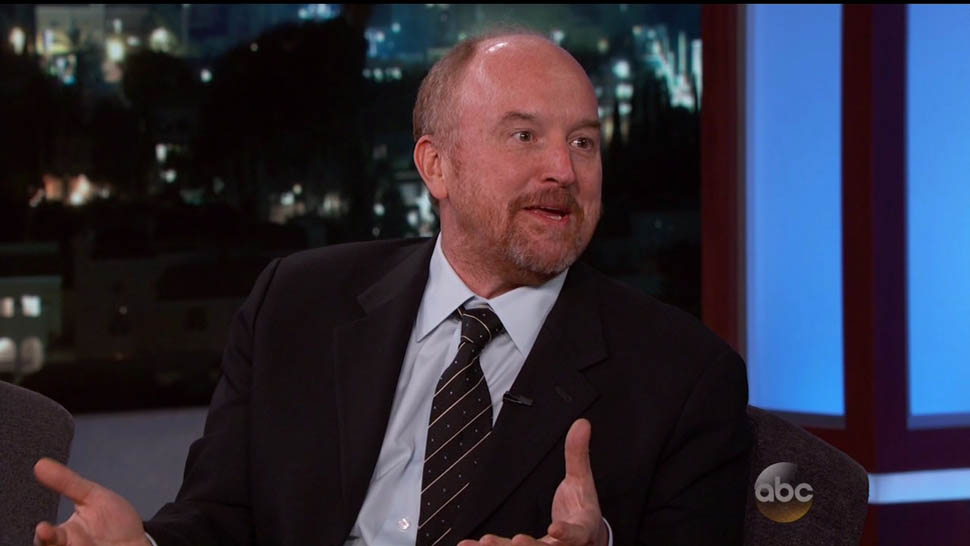Louis CK’s Horace and Pete has become one of the best shows on TV


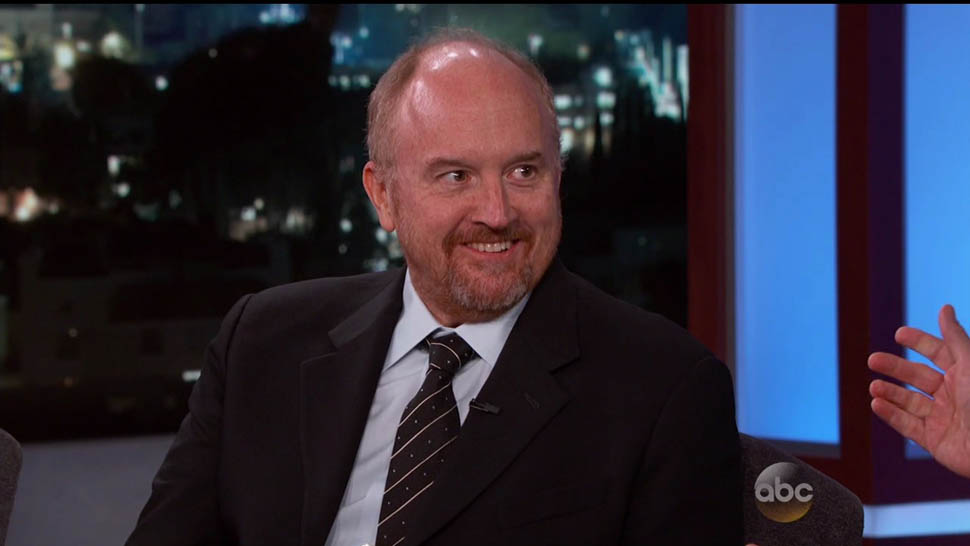

Louis CK’s no-fuss no-fanfare TV(??) show(???), Horace and Pete, has continued putting out one episode a week since the surprise pilot debut on CK’s website. There are now six episodes of varying length, with episode five marking the “end of act one”. Over these six episodes, Horace and Pete has quickly established itself as top-tier television, and arguably the best show to kinda sorta be on TV. We’re calling this a TV show even though most of us are watching it on computers and it has yet to air on any TV network or streaming service, and just its direct-to-consumer delivery method is challenging the notion of what is TV.
The pilot had a particularly theatrical feeling to it, which has persisted in all the episodes so far. It still feels like this show is being made on the fly—episode four had some dodgy sound it would seem no one had time to clean up. It really does feel like you’re watching someone’s recording of a play. There are a minimal number of sets—episode three takes place entirely in one corner of the bar—limited costume changes, and except for Paul Simon’s theme music which is used to denote the middle-ish of each episode—sometimes along with a title card that reads “Intermission”—there’s little music, and few sound cues. In one episode a bar patron plays the piano during part of a scene and it’s shocking how that instantly changes the feel of the show, and for a moment makes it more traditionally “TV”.
The conflict introduced in the pilot between bar-owning siblings Horace and Sylvie, and their cousin Pete, continues to drive the narrative, but we do learn more about why Sylvie is so desperate to sell the bar. It isn’t just that she views the place, and all its attendant traditions, as an albatross. She also has cancer, and is broke, and the value of the real estate in rapidly gentrifying Brooklyn would solve a lot of problems. But on the other side of that coin is Pete, a man in his fifties with a serious mental illness that requires a lot of effort to manage, who has never lived or worked anywhere but at the family bar. He’s terrified of losing the only home he’s ever known.
And stuck in the middle is Horace, a man so depressed and self-loathing he can’t stand himself. Watching CK, Steve Buscemi, and Edie Falco tear strips off each other is deeply uncomfortable, but also tremendously satisfying television. It would be easy for them to just try to out-ham one another, but they work together like a seamless unit. Sylvie and Horace are awful people, but they’re outdone by their despicable Uncle Pete, played by Alan Alda. Pete is just a vile person, a bigot and misogynist and all around miserable c*nt, and Alda plays him so well, I may never be able to see Alan Alda in the same light again.
But the real MVP of Horace and Pete are the women. There’s Sylvie, of course, and Aidy Bryant pops in occasionally as Horace’s estranged daughter, but each episode also features a stand-out female performance, and CK—so far the only credited writer—is handing these women unbelievable monologues and parts to play. In episode four, Nina Arianda (Hannibal) appears as Maggie, Horace’s old booty call who has been recently widowed. Her monologue about her brief marriage is devastating, and Arianda will probably be getting a lot of calls now. And of course there’s Jessica Lange as boozy, cruel Marcia, a role she is clearly relishing.
The biggest spotlight, though, goes to Laurie Metcalf. She appears in episode three as Horace’s ex-wife, and she monologues for the first twenty-plus minutes solid and delivers a jaw-dropping performance. Some of the dialogue in Horace and Pete sounds a little stilted and some of the performances are pretty actor-y, but Metcalf is absolutely natural and completely convincing. Between Metcalf’s performance in Horace and Sarah Paulson’s work on The People v. OJ Simpson, everybody else can go home.
The only thing that grates about Horace and Pete is the barfly banter. In one episode, a bunch of men debate abortion while a woman sits right next to them, and CK is clearly making a point about how men have no business having opinions on women’s bodies, but at the same time, it’s f*cking infuriating to watch play out. And any time they bring up politics you just want to smash your head through a wall. It doesn’t help that the main barfly is comedian Kurt Metzger, who just does not have a pleasant screen presence. Sure, he’s playing a blowhard, but so is Alan Alda and yet Alda is watchable.
But the mission statement of Horace and Pete seems to be to stick a bunch of really f*cking awful people in a room together and see what happens. Though there are some solid jokes, this isn’t a comedy, and is, in fact, one of the most depressing things in recent memory. Life is cruel and people are worse in Horace and Pete, but staring into the abyss has yielded an extraordinary piece of television.
You can buy episodes of Horace and Pete here.

